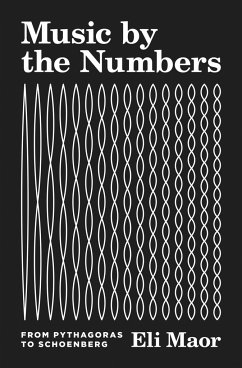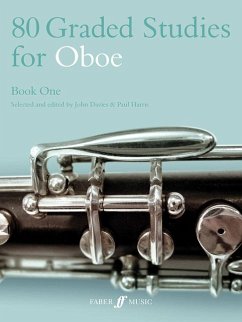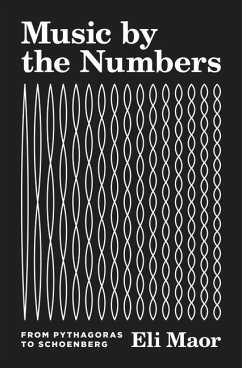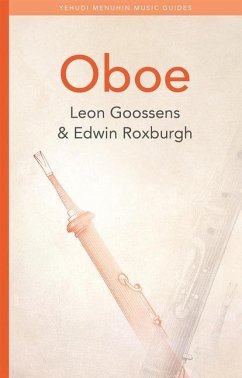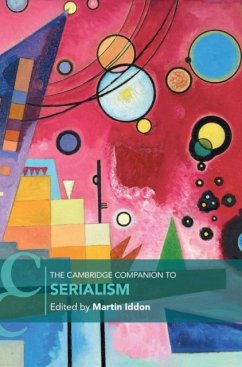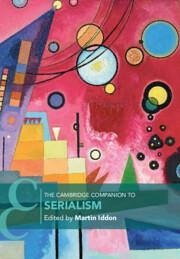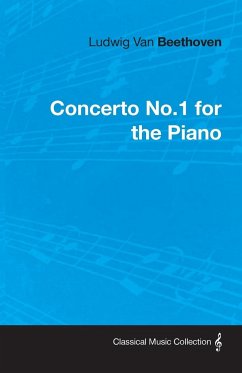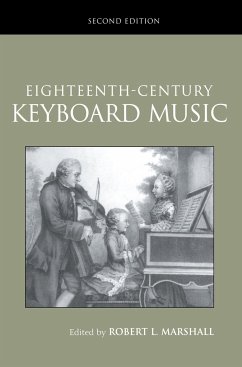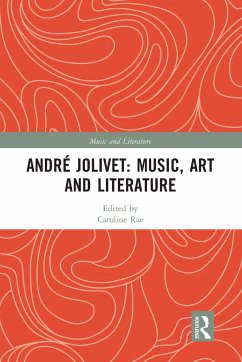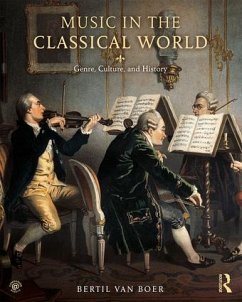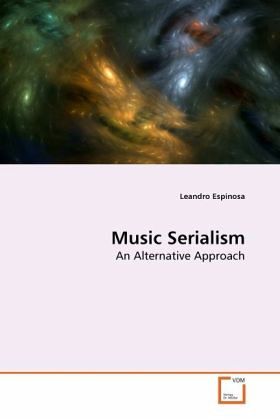
Music Serialism
Versandkostenfrei!
Versandfertig in 6-10 Tagen
32,99 €
inkl. MwSt.

PAYBACK Punkte
16 °P sammeln!
Our contemporary musical society has been stuck for decades in a problem foreseen by composers since the 1950s or earlier. A split has taken place between our habitual ways of thinking, teaching and perceiving music composition and 20th century research, which has dramatically changed our conceptions about ourselves and the world. Most musical techniques taught at universities are still based mainly on 18 century thinking, which has led us in spite of apparent development to a crises of language. The present work examines this social- musical imbalance and considers possible alternatives avail...
Our contemporary musical society has been stuck for decades in a problem foreseen by composers since the 1950s or earlier. A split has taken place between our habitual ways of thinking, teaching and perceiving music composition and 20th century research, which has dramatically changed our conceptions about ourselves and the world. Most musical techniques taught at universities are still based mainly on 18 century thinking, which has led us in spite of apparent development to a crises of language. The present work examines this social- musical imbalance and considers possible alternatives available to the thoughtful composer. Ways are explored that may open horizons or new levels of freedom in musical language. In addition to a freer, yet rigorous system, this book contains an analysis of the author's Concerto for Oboe, Strings and Percussion which has been composed according to this newer approach. The work is designed to stimulate discussion in composition students, teachers andprofessional composers. Agreeing or reacting with it, the present work may open and challenge habitual conceptions in our understanding of music.



